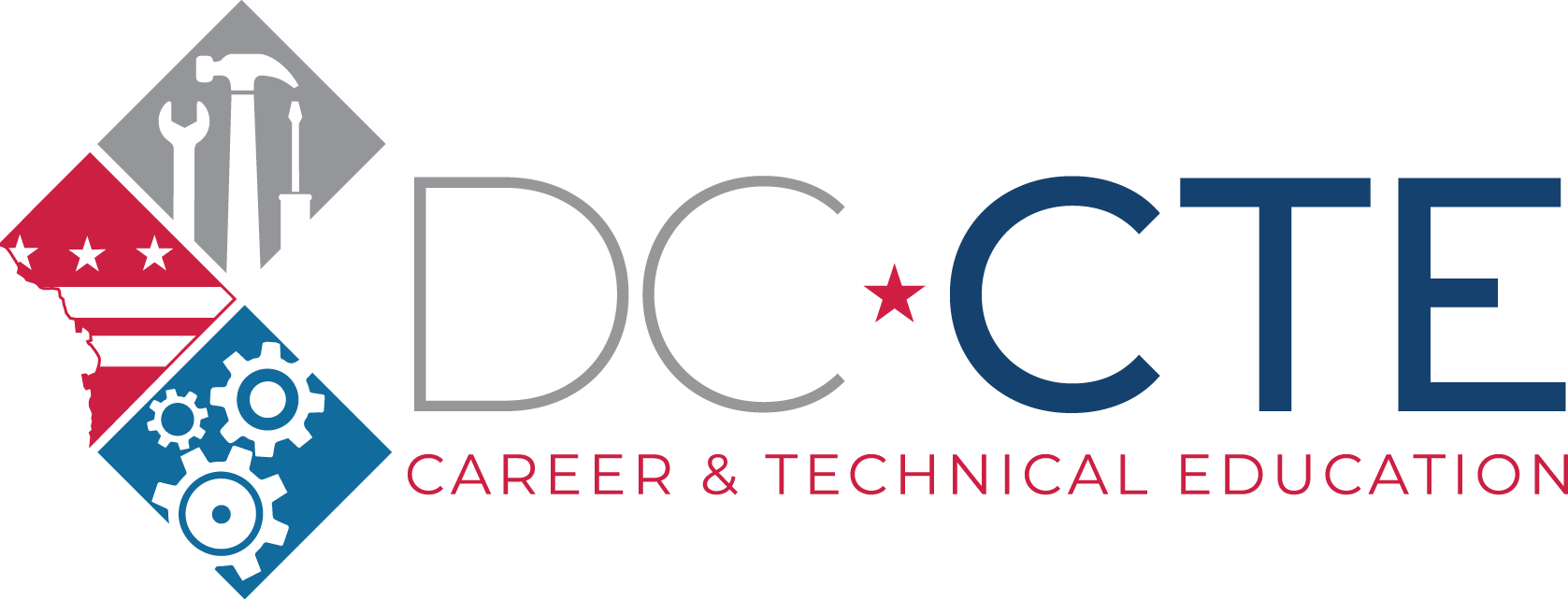In order to receive federal funding for Career & Technical Education (CTE) programs (also known as the Perkins V Grant), CTE programs must abide by federal guidelines that were created to protect students’ rights. DC CTE’s Methods of Administration (MOA) program ensures that all students, regardless of race, color, national origin, sex, or disability, have equal access to high-quality CTE programs. We do this by supporting the schools that participate in our state-approved CTE programs in understanding students’ rights, conducting targeted compliance reviews, implementing corrective action when civil rights violations are found, and periodically reporting civil rights activities and findings to the Office for Civil Rights of the U.S. Department of Education.
Protecting Student Rights
Students, Do You Know Your Civil Rights?
In the CTE world, students should never have to experience any form of discrimination, and this is a right protected under federal law. Student civil rights protect students from being discriminated against on the basis of sex, gender, race, country of origin, sexual orientation, ability or disability, religion, and appearance. Organizations such as the Mexican American Legal Defense and Education Fund, the National Association for the Advancement of Colored People, the National Federation of the Blind, and the Women’s Equity Action League have advocated for these rights for students since the 1970s (back when CTE was known as “vocational education”).
Today in DC, the Office of the State Superintendent of Education (OSSE) and DC CTE ensure that schools participating in our CTE programs understand how to uphold student civil rights by offering procedures and training. Local schools are responsible for understanding and enforcing the procedures. Check your school’s website for more detailed policies on their discrimination procedures. Information may be found in a parent handbook, bullying policy, or policies on discrimination. If you need more help locating civil rights information, you can always ask your school counselor.
Who to Contact for Assistance with Civil Rights
If you have a grievance, want to file a complaint, or need assistance related to civil rights compliance, please find your school or district on the list below and follow the link to get started. If you have further questions or need assistance, please reach out to your school’s counselor.
What You Should Know as a CTE Educator
Schools and districts should celebrate the diversity of their students with respect and acknowledgement. Explore the resources below to better understand student civil rights and learn how to implement them to create high-quality CTE programs. DC CTE is here to help educators and schools implement these resources, please reach out to Joe Green for further assistance at Joseph.Green3@dc.gov.
Student Rights
- All students have the right to reasonable access to Career & Technical Education (CTE) classes, their common spaces, and entry and exit ways.
- It cannot be assumed that a student is incapable of or unqualified to pursue any particular CTE program of study based on their race, gender, disability, or ethnic origin.
Putting Diversity, Equity, Access, and Inclusion Into Practice
Please visit our Diversity, Equity, Access, and Inclusion page to access program information and resources related to these topics.
Methods of Administration Review Process & State Plan
This slide deck provides an overview of the Methods of Administration (MOA) review process. Please reference the deck, which defines key MOA terms. The MOA review process, from beginning to end, is further detailed in the MOA State Plan.
MOA Sample Review Materials
- The Desk Audit Monitoring Tool is prepared for subrecipients prior to the MOA review to ensure all paperwork and/or evidence of compliance is verifiable.
- The MOA Facility Access Checklist is used by the MOA coordinator during facility accessibility reviews.
- A Letter of Findings (LOF) is sent to the chief LEA administrator following an MOA review. This is a sample.
- A Voluntary Compliance Plan (VCP) shows a template of findings and plans for corrective action. This is a sample.
The History Behind Our Work
Learn more about the legislation we uphold:
- Vocational education (now known as CTE) was expanded to “persons of all ages in all communities” in the Vocational Education Act of 1963.
- Title VI of the Civil Rights Act of 1964 bars discrimination by any program or activity receiving Federal financial assistance. This hyperlink will lead you directly to the United States Code.
- Equal opportunities for women and girls were promoted in the Vocational Education Amendments of 1976.
- Section 504 of the Rehabilitation Act of 1973 forbids organizations and employers from excluding or denying individuals with disabilities an equal opportunity to receive program benefits and services.
- Title IX of the Education Amendments Act of 1972 prohibits sex (including pregnancy, sexual orientation, and gender identity) discrimination in any education program or activity receiving federal financial assistance.
- The Guidelines for Vocational Education Programs which were established in 1979 as a framework for addressing discrimination and ensuring that vocational education programs were accessible and inclusive to all individuals, regardless of their background or circumstances.
- Ensuring schools that offer public meeting spaces provide equal access to any group officially affiliated with the Boy Scouts of America, or any other youth group listed in title 36 of the United States Code as defined by the 2002 Boys Scouts of America Equal Access Act.

